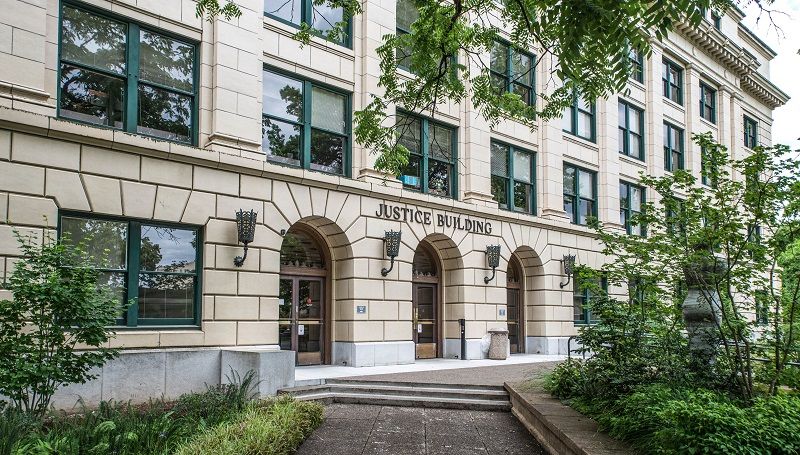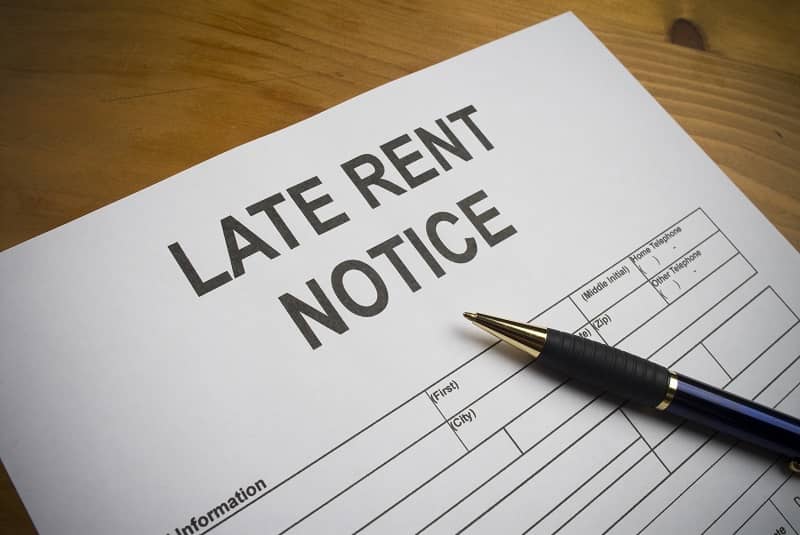Union-backed and activist groups are trying to put measures on the November 2016 ballot to raise Oregon’s minimum wage from the current $9.25 to either $13.50 or $15, and to allow local governments such as the city of Portland to go above whatever the statewide minimum ends up being.
State Senator Michael Dembrow (D) thinks he can improve minimum wage policy by recognizing that different regions of that state have different costs of living and employment climates. He’s trying to craft a bill for the February 2016 legislative session that would set three different minimum wage rates: one for the Portland Metro region, one for the Willamette Valley, and one for everywhere else.
Assuming the Senator is on to something (a dubious assumption at best), why stop at three rates? Clearly, every employer has somewhat different circumstances, so why not set a different rate for each of them? Dembrow could give each employer a hearing lasting as long as the legislature gives the public to testify on bills—three minutes—to explain their particular circumstances. He then could assign them their own personalized minimum wage rates. Assuming about 100,000 employers in the state, working eight hours every business day with no breaks, the Senator could have the perfect minimum wage bill crafted in only two and a half years. Voilà, problem solved! Or is it?
Of course, in reality, Dembrow and the activists are trying to solve a problem through government that is better left to free people in a free society. Minimum wage laws are nothing more than price controls that end up hurting the very people they purport to help: often young, less educated, and less experienced workers who will find it harder to get or keep a job when the government prices their labor above what a business can economically justify.
Steve Buckstein is Founder and Senior Policy Analyst at Cascade Policy Institute, Oregon’s free market public policy research organization.











